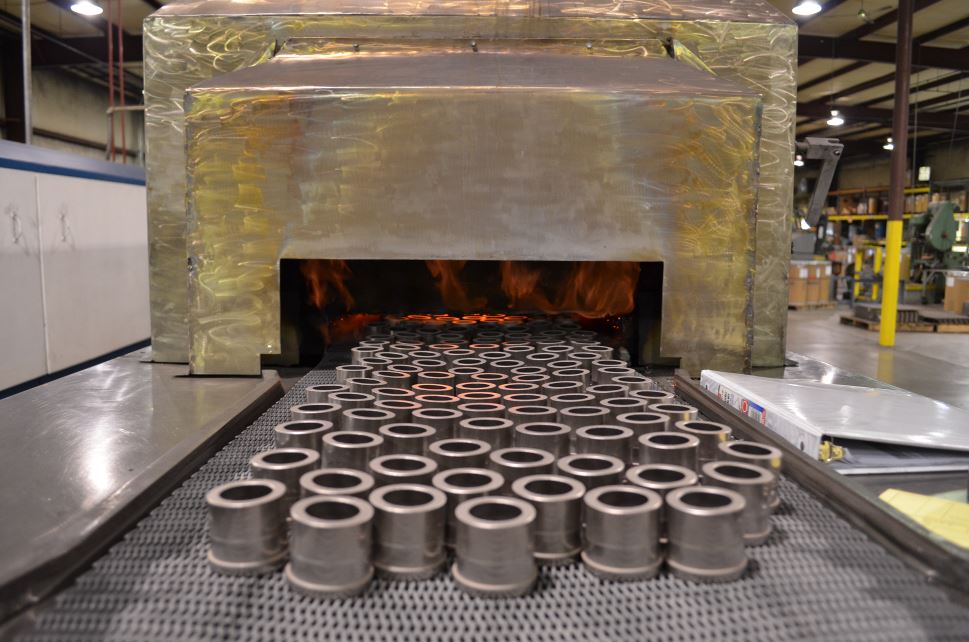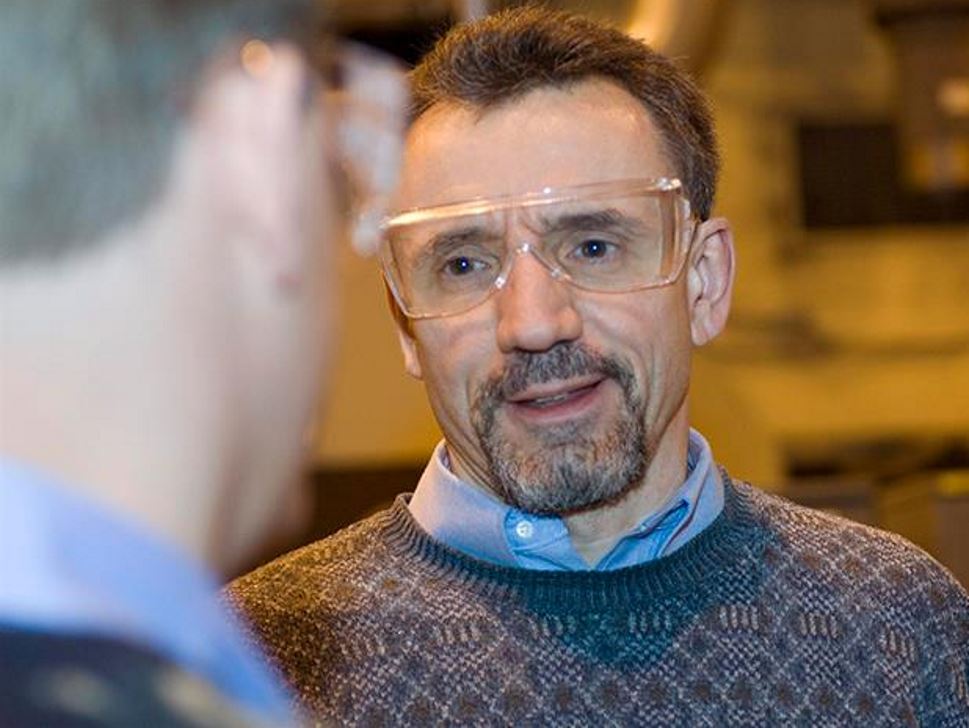Argon
Compressed argon gas and liquid argon in a variety of purities and in various modes of supply around the world thanks to our network of storage and transfill facilities.


Applications Engineer
The dew point in the hot zone of a sintering furnace is a result of different sources of O₂ reacting with the available hydrogen, creating moisture. Assuming there are no cracks in the muffle, water leaks in the cooling sections, or contaminated supply gases, then the following are some known sources of O₂:
Once the dew point (H₂O %) is measured, we then can control the oxidation/reduction potential by controlling the amount of H₂ in the atmosphere, thereby adjusting the H₂/H₂O ratio as per the requirements of the material that is being sintered. If you are having a process issue that you think may be related to dew point, please call Air Products at 800-654-4567.

Compressed argon gas and liquid argon in a variety of purities and in various modes of supply around the world thanks to our network of storage and transfill facilities.
Valued for its reactive and protective properties, and used by many industries such as electronics, foods, glass, chemicals, refining and more can benefit from its unique properties to improve quality, optimise performance and reduce costs.
Useful as a gas, for its inert properties, and as a liquid for cooling and freezing. Virtually any industry can benefit from its unique properties to improve yields, optimise performance and make operations safer.
Contact us to put decades of experience with industrial gases, production, applications and equipment to work for you.